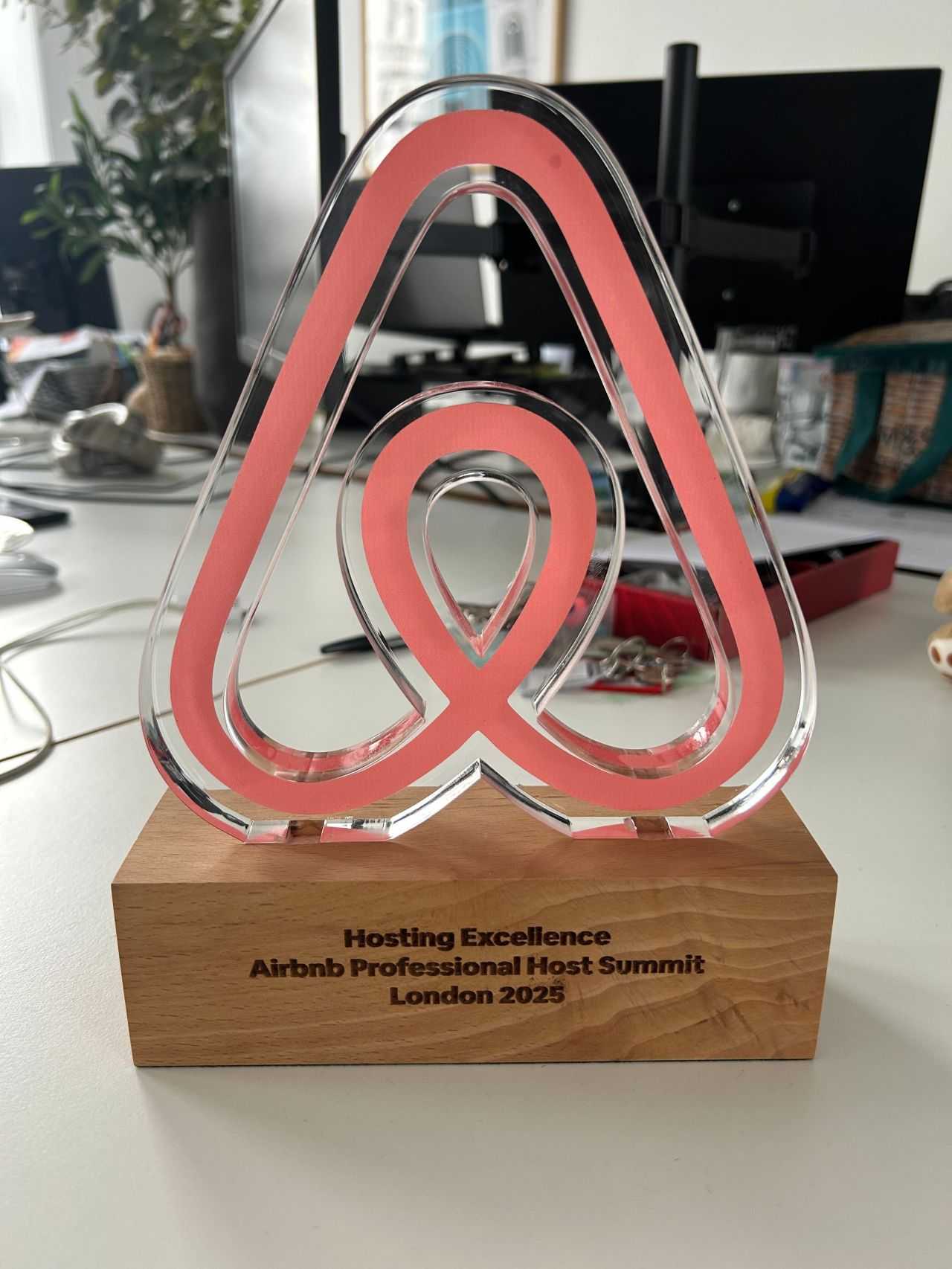Share post:
Compliance is an important part of short-term letting because it allows you to thrive despite the fierce competition in London. Understanding the legal requirements ensures success for your rental property.
Short-term rentals have to follow strict regulations to operate legally in London. Without the property licenses, it’ll be harder to maximise the earning potential of shortlets. You’ll have limited access to the opportunities that can increase occupancy rates and enhance your credibility as a host or landlord.
In this article, you’ll discover the eligibility criteria, permissions and certificates you’ll need to apply for to be a legal short-term rental property host. You’ll also learn the benefits that come with being a licensed short-term rental host.
Legal Requirements for Shortlet Licenses Eligibility
The city of London is very strict when it comes to operating short-term rentals. The compliance requirements are designed to regulate the short-term rental market to ensure it doesn’t compromise the overall housing supply in this city. At the same time, it also protects the well-being of guests and the integrity of the rental market.
Take a look at the eligibility criteria, permissions and certificates you have to comply with to start earning rental income from shortlets.
3 types of Eligibility Criteria
To be deemed eligible to operate a short-term rental, you need to meet 3 distinct criteria.
The first is the host eligibility. You need to be at least 18 years old before applying for a short-term rental license. You’ll need to include a valid ID and proof of address in your application. In some areas, you’ll be required to submit a criminal record check. They will check for outstanding debts or penalties.
The second is the property eligibility. You’ll need to show proof that the property is fit as a residential unit and it meets the safety and health standards in London. It should also be the right property type (e.g. house, apartment or flat). As the host, you’ll have to show either proof of ownership or a lease agreement that allows you to use the property as a short-term rental.
The third is business eligibility. You’ll have to show a business registration (e.g. Companies House) and insurance documents (specific for shortlets). This will give you the right to collect income from the property and protect you from litigation issues (just in case). Of course, this would also bring financial obligations like taxes, etc. These will have to be paid regularly so you can continue operating as a short-term rental host.
If you fail to meet the eligibility criteria, it could compromise your short-term rental license. Without this license, you can’t rent the property as a shortlet. Forcing it would lead to legal issues as well as fines and penalties.
3 Permissions and Certificates for Shortlets
Once you’re eligible to get a short-term rental license, you still need to get a couple of permissions and certificates. Here are the 3 important ones you’ll have to focus on.
First is the planning permission. In London, you can only rent a property as a shortlet for a maximum of 90 days each year. If you plan to go beyond that, you’ll need to apply for planning permission. This is not necessary if you decide to use the property as a long-term rental.
Next is the health and safety certificate. This includes the fire risk assessment, EICR for electrical installations and gas safety certificates. Inquire with the local authorities to ensure that you’ve covered all the required certificates to meet all the health and safety standards in London.
Finally, you need to obtain a license if you decide to use the property for events or small gatherings. There are short-term rentals used to host intimate weddings or birthday celebrations. These might require specific licenses to ensure the property is safe to be used as a small events venue. If the unit is in a building, you might have to get permission from the building administration as well.
Completing the permissions and certificates would protect you from being penalised. It’ll also ensure that you can keep earning from your shortlet without worrying that your license will be revoked.
How to Apply
The application process may vary depending on where your shortlet is located. Go to the local authority’s website so you can get the specific steps. Or you can visit the local council office to talk to an authorised representative to walk you through the process.
You’ll be required to complete an application form that you’ll have to sign as the host or owner of the property. Before submitting the completed form, you should attach the necessary documents like a copy of your valid ID, address, proof of property ownership or lease agreement, permissions and certificates and insurance coverage. An application fee will have to be paid and the proof of payment should also be attached to the application form. This fee will vary and can be as low as £100 to £500.
After receiving your application, the local authorities will review the form and all the supporting documents submitted. They’ll schedule a property inspection to ensure that all the details provided are correct. They’ll also check for any outstanding fines or debts associated with you as the owner/host and the property. Once it’s proven that the unit is clean and meets the health and safety standards, they’ll verify that you’re compliant with local rules and regulations.
Once you’re approved, you’ll be given a short-term rental license that includes a license certificate and a unique number. This license is valid for 1 to 3 years – depending on the location. Take note of the renewal schedule because you need to submit the renewal application before the current license expires.
In case your application is not approved, you can also appeal the decision or submit another application.
Benefits of a Licensed Short-Term Rental
Short-term letting is a rewarding strategy if you remain compliant and legally responsible. Getting a license is worth the effort because it elevates the value of your property. It also brings benefits that maximise the occupancy rates and earning potential of the shortlet.
Legal Compliance
Just because you have a license for your short-term rental, that doesn’t mean you can be complacent. Remember, this would have to be renewed every few years. If you want to retain that license, you must be vigilant about keeping your rental property legally compliant.
That means maintaining the health and safety standards so you won’t have problems with the renewal. The same is true with financial obligations like taxes, mortgage payments, insurance coverage, etc. Keep the property free from penalties and fines so your rental operations will never be compromised.
While this may seem restrictive, it ensures the legal stability of your rental property.
Credibility
Having a licensed shortlet makes the property trustworthy. This credibility will make the rental property competitive. It’ll make potential guests confident in booking a stay. They know the property’s standards meet the local regulations. This will attract quality guests like business travellers, visiting families, students and others who understand the value of your property. These people will be more inclined to give your property a positive review – making it more credible in the eyes of potential guests.
Broader Appeal
As mentioned, the trustworthiness of the shortlet will attract quality guests – and you won’t be limited to a specific demographic. Whether it’s a business traveller or a digital nomad, they’ll see the value in booking your shortlet. There’s even a chance of securing a partnership with a company that may be relocating employees from overseas. This will give you a steady stream of guests.
Maximise the Potential of Your Short-Term Rental
Operating a short-term rental successfully requires you to be compliant with local rules and regulations. The shortlet market is heavily regulated because local authorities are trying to balance its economic contribution with housing supply issues. By meeting the eligibility criteria and getting the right permissions and certificates, you’re protecting your property and boosting its rental appeal. This will lead to higher rental returns as you attract quality guests and maybe even corporate partnerships.
If you want to maximise the earning potential of your short-term rental, consider partnering with a property management company like City Relay. We offer various services like guest management, marketing, property maintenance and compliance. We can help make your licensed short-term rental profitable. Contact us to learn more about our stress-free property management services.












